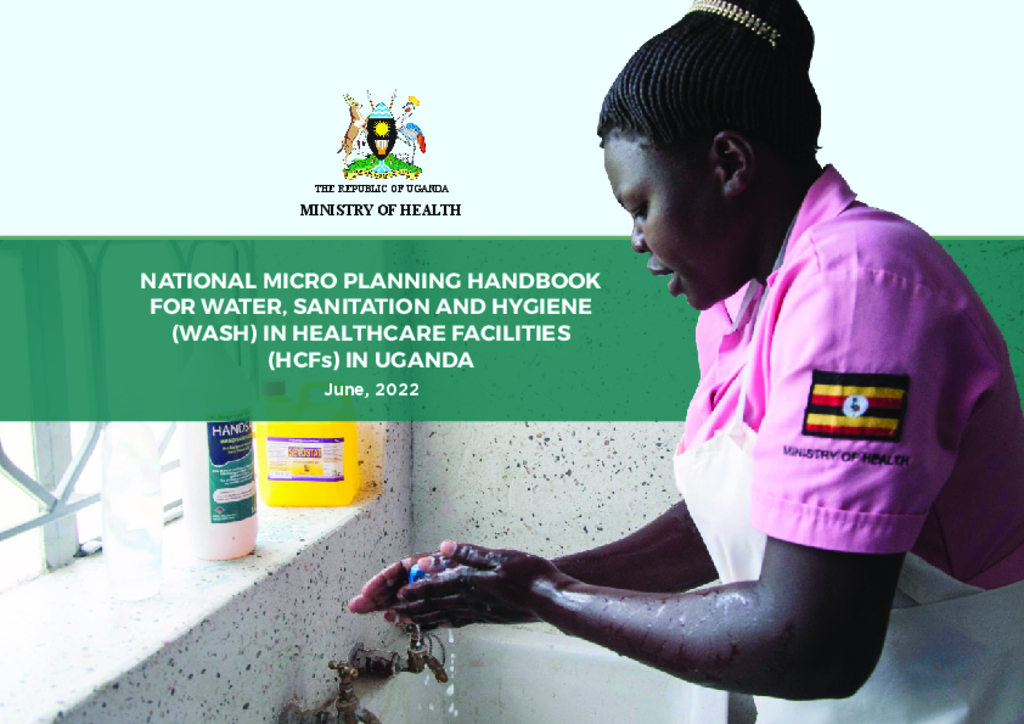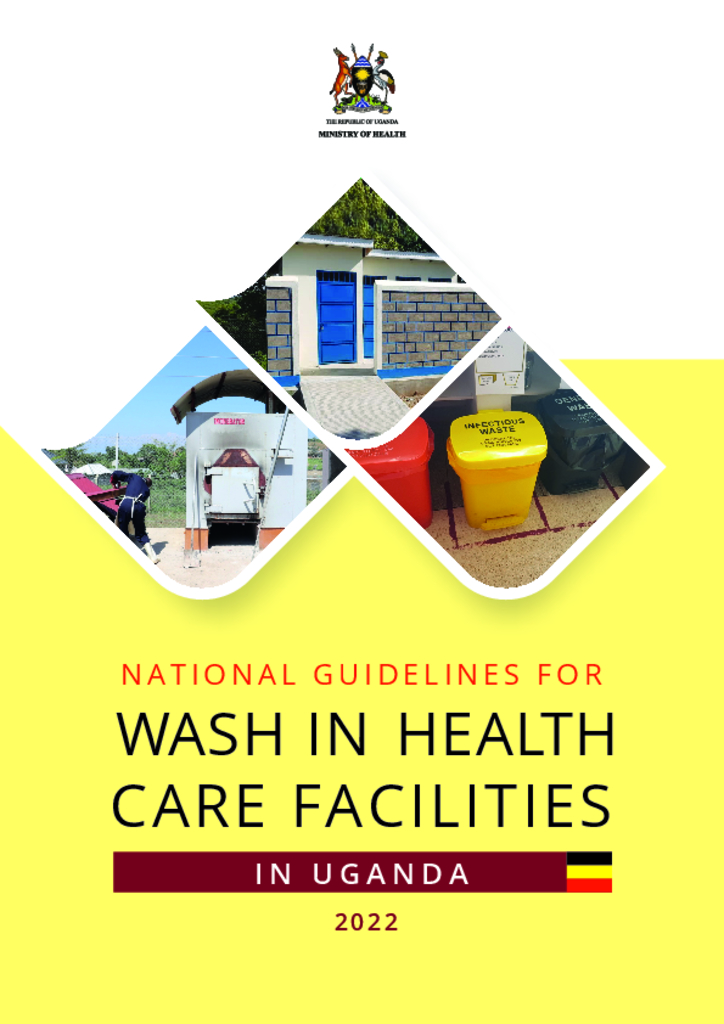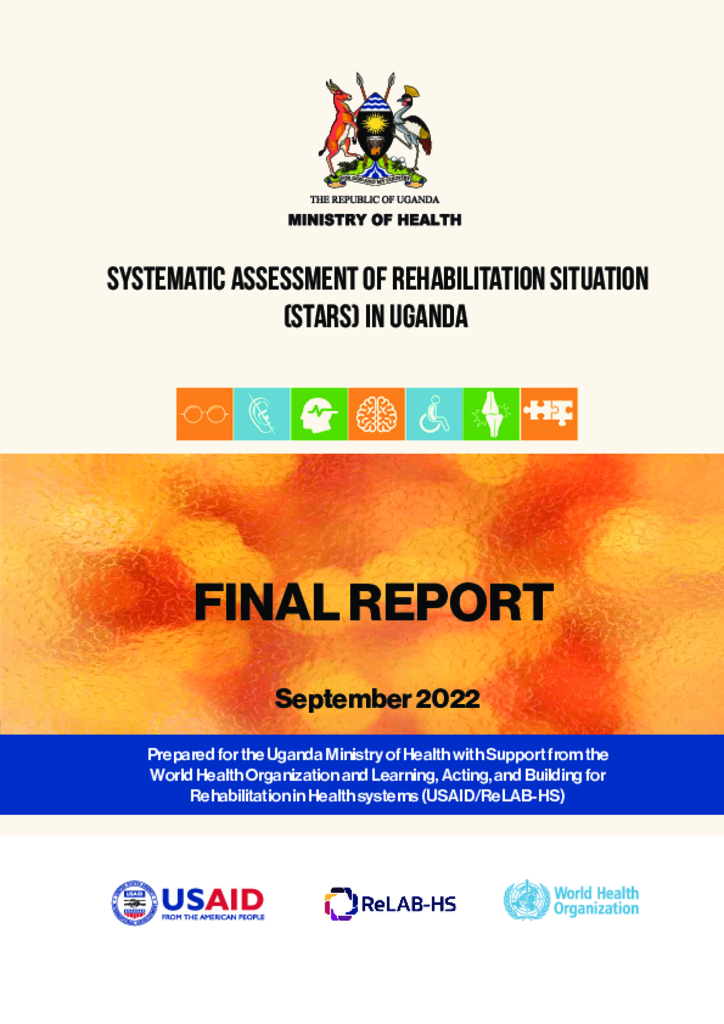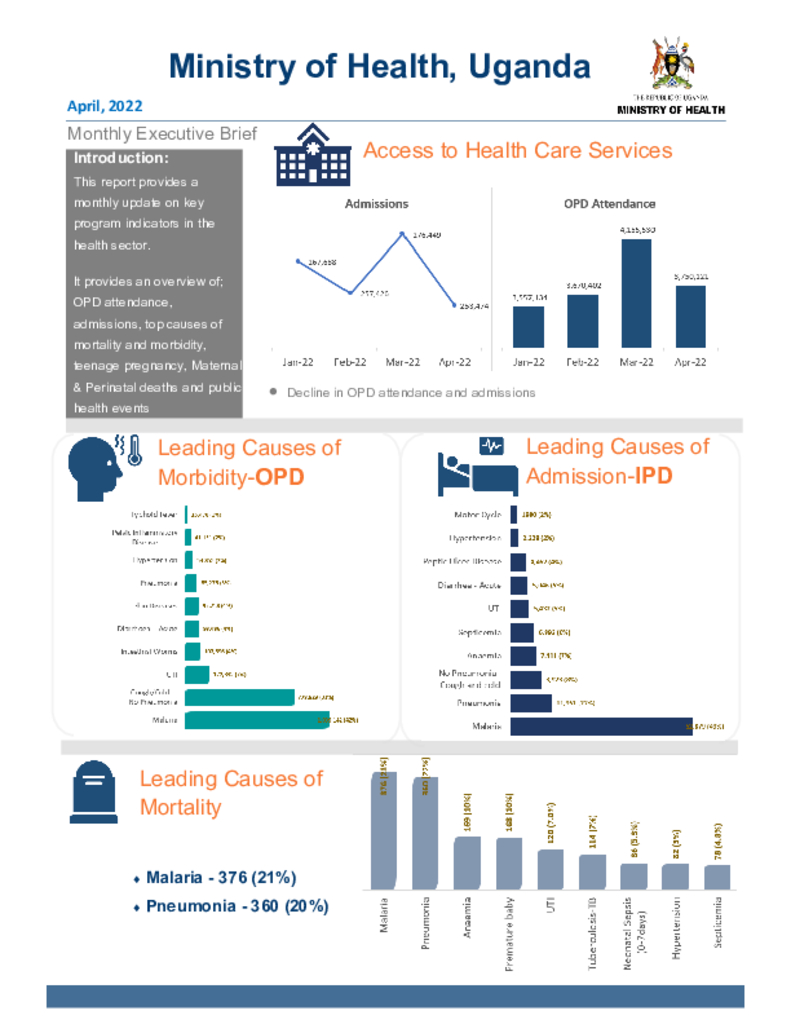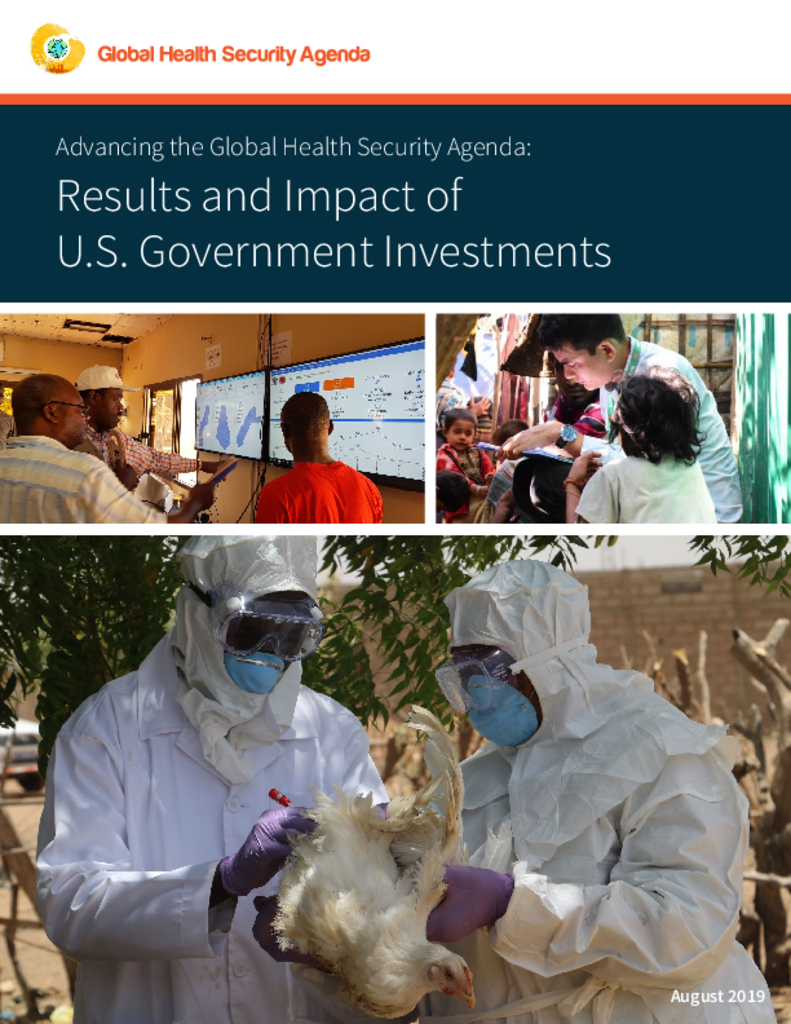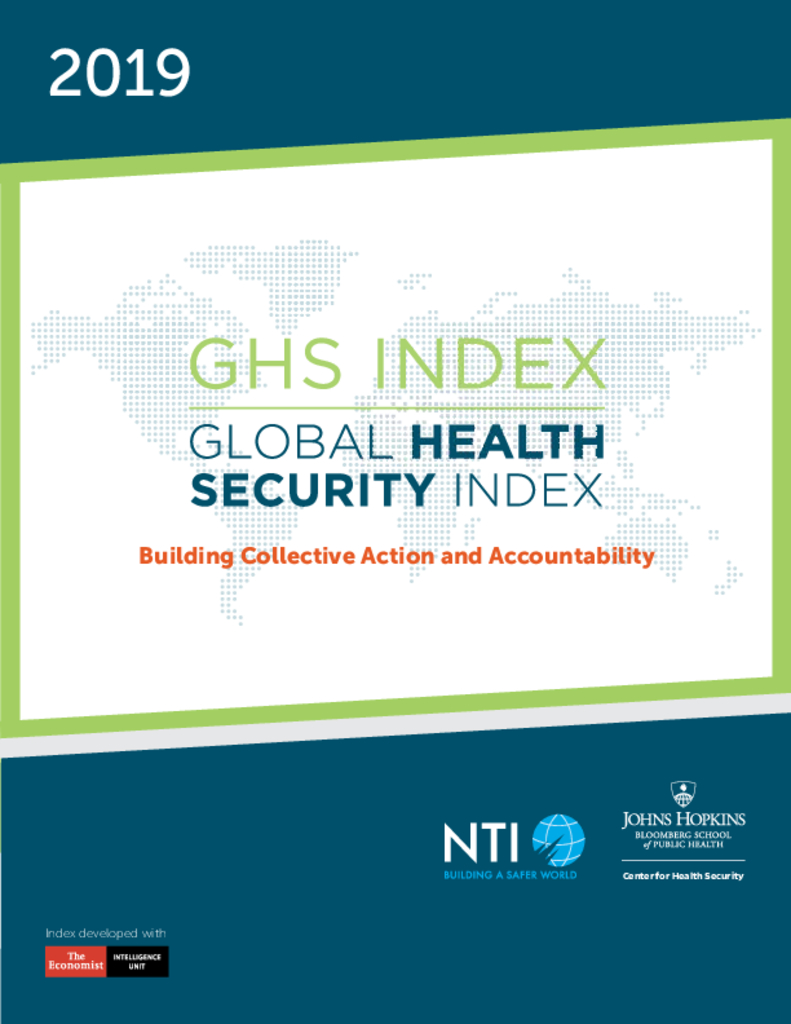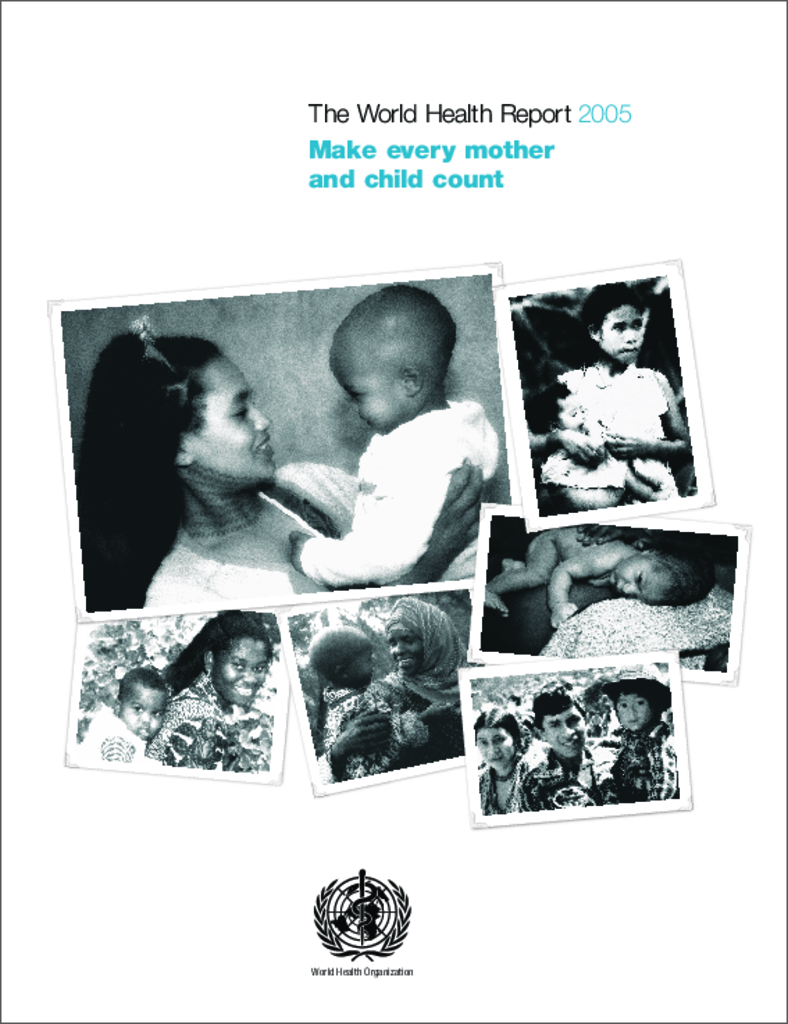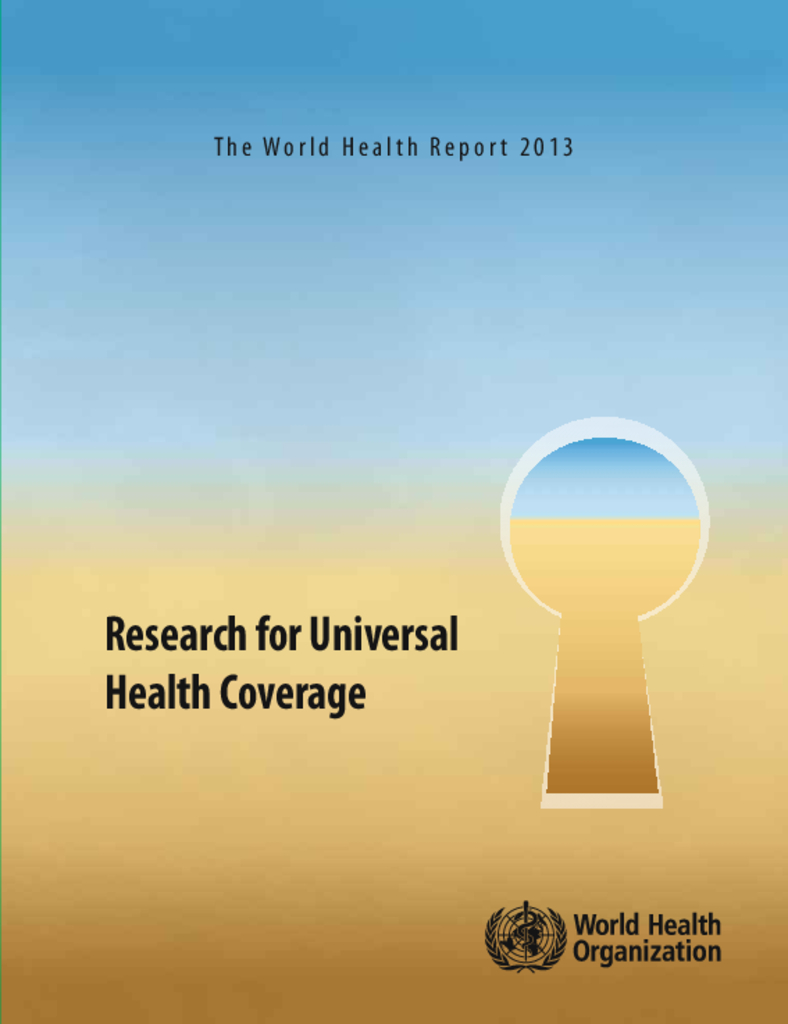The Ministry of Health recognizes that access to safe water, sanitation and hygiene (WASH) in health facilities is critical in the reduction of diseases, improved occupational health, more efficient health care services, improved staff morale and performance. The micro planning data generated will guide line ministries, local government authorities and development partners to position WASH in the health care facilities agenda within the Water and Health sectors. Additionally, it will support the development of a roadmap for achieving WASH-related sustainable development goals for health institutions.
The Sustainable Development Goals (SDG) 3 and SDG 6 reinforce the need to ensure adequate WASH services, which will result in a reduction in maternal mortality, ending preventable newborn deaths, and providing quality universal health coverage. The rationale of the WASH guidelines is to document procedures and provide a framework for strategic planning, implementation of functional and effective WASH services in healthcare facilities in Uganda. These guidelines offer a basis for creating the minimum conditions required for providing healthcare services in a healthy environment for healthcare workers, patients and visitors to the healthcare premises. They also serve as a tool for monitoring the performance of WASH in health care facilities.
This STARS in Uganda report, presents a comprehensive analysis and report on the national assessment of the rehabilitation and assistive technologies system in Uganda that was guided by the WHO Systematic Assessment of Rehabilitation Situation (STARS) approach.
This report provides a monthly update on key program indicators in the health sector. It provides an overview of; OPD attendance, admissions, top causes of mortality and morbidity, teenage pregnancy, Maternal & Perinatal deaths and public health events.Overall number of teenage pregnancies were 12% lower than those registered in March 2022.Highest number in Wakiso, Kampala, Kasese, Kamuli, Mayuge, Oyam, Tororo and Buyende Districts.
The Uganda Functional Difficulties Survey (UFDS) 2017 was conducted by the Uganda Bureau of Statistics (UBOS) with the Ministry of Gender, Labour and Social Development (MGLSD) to generate information and data on persons with disabilities in Uganda to inform planning, budgeting, implementation, monitoring and reporting on disability.
This report details the results and progress achieved through United States investments in global health security, including efforts that enhance the global capacity to respond to and contain outbreaks of high-threat diseases such as Ebola, Zika, Rift Valley fever, and pandemic influenza.
The Global Health Security (GHS) Index is the first comprehensive assessment and benchmarking of health security and related capabilities across the 195 countries that make up the States Parties to the International Health Regulations (IHR [2005]).
The World report on vision seeks to stimulate action in countries to address these challenges by proposing integrated people-centred eye care (IPCEC) as an approach to health system strengthening that builds the foundation for service delivery to address population needs
This year’s World Health Report comes at a time when only a decade is left to achieve the Millennium Development Goals (MDGs), which set internationally agreed development aspirations for the world’s population to be met by 2015. These goals have underlined the importance of improving health, and particularly the health of mothers and children, as an integral part of poverty reduction.
In response to this situation, the World Health Assembly (resolution 58.23 on “Disability, including prevention, management and rehabilitation”) requested the World Health Organization (WHO) Director-General to produce a World report on disability based on the best available scientific evidence. The World report on disability has been produced in partnership with the World Bank, as previous experience has shown the benefit of collaboration between agencies for increasing awareness, political will and action across sectors.
Universal health coverage, with full access to high-quality services for health promotion, prevention, treatment, rehabilitation, palliation and financial risk protection, cannot be achieved without evidence from research. Research has the power to address a wide range of questions about how we can reach universal coverage, providing answers to improve human health, well-being and development
A number of the 17 Sustainable Development Goals (SDGs) adopted by the United Nations General Assembly in September 2015 have targets that relate to health. However, one goal – SDG 3 – focuses specifically on ensuring healthy lives and promoting well-being for all at all ages. Target 3.8 of SDG 3 – achieving universal health coverage (UHC), including financial risk protection, access to quality essential health-care services and access to safe, effective, quality and affordable essential medicines and vaccines for all – is the key to attaining the entire goal as well as the health-related targets of other SDGs
